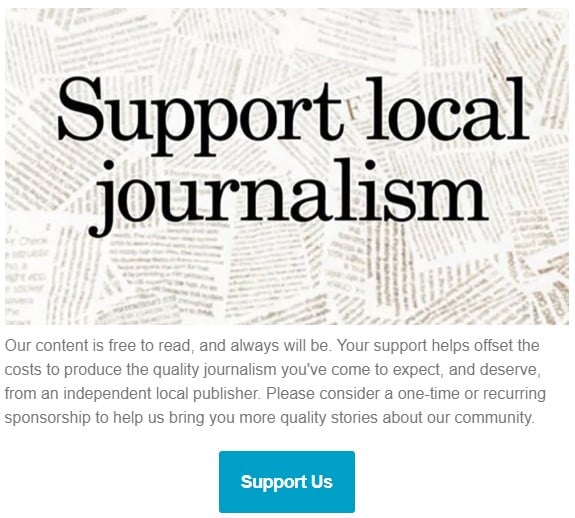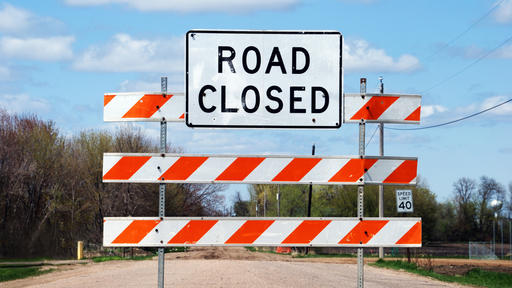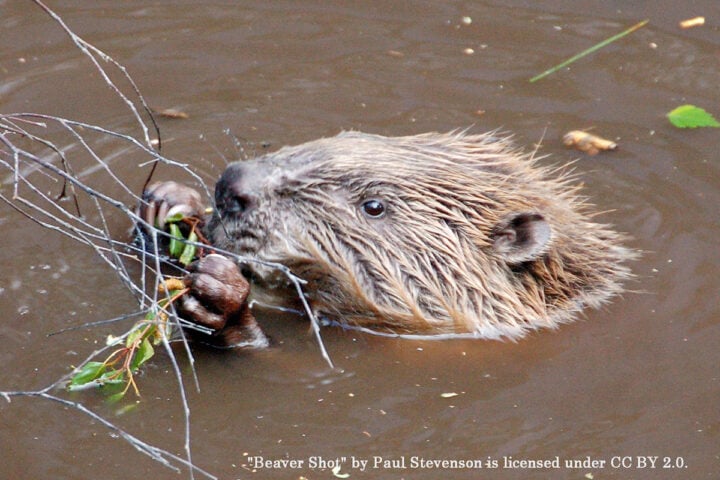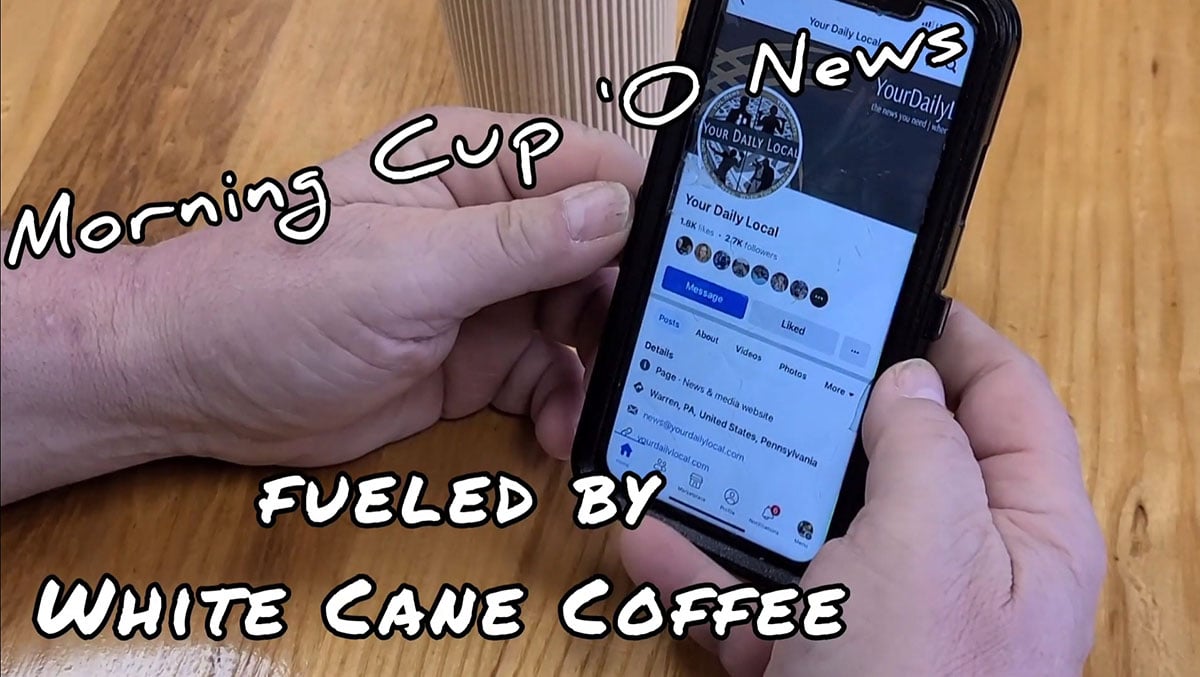Climate problems may seem overwhelming, but people all around this great nation are taking action. This week’s column looks at LOUISIANA and the question is: What lessons can we draw from Louisiana’s climate and environmental crises?
Before diving into the bad news from Louisiana, one of the most positive actions I learned about is happening in a growing number of school districts in Southern Louisiana – a curriculum on environmental stewardship through a project called “Coastal Classroom,” developed by the Southern Louisiana Wetlands Discovery Center slwdc.org. It is certainly an important step in educating, recruiting, and engaging the next generation. You can find the curricula for Grades 3 – 7 already posted on the Coastal Classroom webpage, with short online video content, lesson plans, activities, and more. We can only hope that in the long run, this will be a winning strategy.
This is not the only good news (read to the bottom), but good news is hard to come by in some parts of the state.
Louisiana faces multiple challenges on the climate front, not the least of which is rising sea levels while at the same time, the land is sinking. This is largely due to the way the banks of the Mississippi River have been developed, engineered, and contained by levees on the approach to the Louisiana Delta, in an effort to control flooding and provide fixed landbanks on which to develop port facilities, oil extraction channels and other kinds of built human environment. All reduce the river’s ability to replenish the land with silt deposits and meander freely through the delta region. As a result, the land is sinking (eroded and not being built up) while the sea level is rising. Some coastal communities in Louisiana have already been lost, or have suffered mightily in floods and storms. Hurricane Katrina in 2005 was a huge wake-up call, and now Louisiana is the first deep south state to have passed its Climate Action Plan through the legislature. They are grappling with the hard math that shows the options: spend millions now and get a lot of coastal infrastructure work done, or spend billions later relocating communities, cities, ports, industry, and agriculture further inland.
A podcast that pulls no punches about what is required is this one, featuring a journalist from New Orleans who covers environmental issues:
Podcast: Louisiana Insider (March 31, 2022)
Episode 78: The Wrath of Climate Change – An Award-Winning Reporter’s Beat [~50 mins]
Bob Marshall paints a stark picture of the challenges and future of southern Louisiana and points out that the cost of inaction is far greater than taking difficult action that can turn the ship around. I think it’s a good listen for anyone who votes because – spoiler alert – that’s the punchline when it comes to doing the hard work to reduce our fossil fuel dependency. “How are we going to get that done?” Marshall asks. “Just look in the mirror […] because that’s the person who votes.” The only way to make sure that all necessary action is taken is to elect officials who are ready to regulate and hold stakeholders to account.
I’ll end with a second good story about people who are already taking positive action. I looked for an update to a story I saw on 60 Minutes recently. It was about an oil disaster in the Gulf of Mexico, leaking crude for 18 years, and how it is finally being cleaned up, and why the responsible party – Taylor Energy – is finally footing the bill. I checked the website of the contractor – a local guy named Couvillion who developed the technology and continues on the project: at the time of this writing, over 1 million gallons of crude oil have been removed from the waters over the leaks. If you missed the story, see what a daunting challenge this was at couvillionmc20response.com or watch the 14-minute snippet from 60 Minutes on YouTube or search Taylor Energy oil spill cleanup.
Let me know if you have a podcast to recommend, have a comment about my column, or have trouble finding a particular podcast I’ve mentioned. Happy listening!
[email protected]
Note: This column, part of a series looking at examples of positive climate action, state-by-state, first appeared in the Forest Press 08-31-2022. If you are interested in this state’s topic, check online for updated news, as a lot may have changed in a year.
































